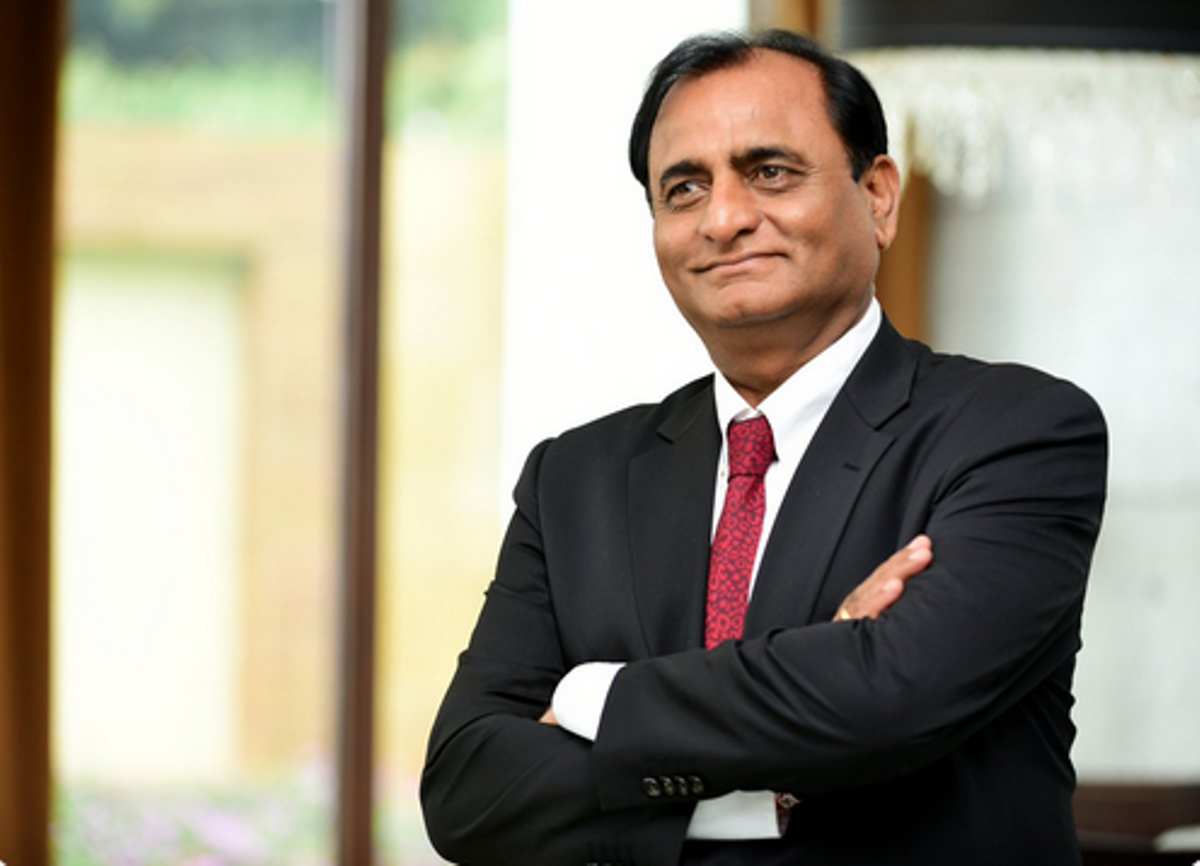The cost of locally produced clinker is substantially cheaper when compared to imports.
Yet, whenever local cement manufacturers require the key material in the manufacture of cement, they would rather spend more on imports than buy from their competitors.
Locally produced clinker is 30 per cent cheaper compared to imports. The preference for imports is due to a mix of factors that range from the cement makers wanting to keep other players in the dark to the poor quality of some of the local clinker.
According to an industry report by the National Independent Clinker Verification Committee, the average landed price of imported clinker is $100 (Sh11,000) per tonne in Nairobi, compared to ex-factory price of $75 (Sh8,250) per tonne at National Cement’s plant in Emali and $85 (Sh9,350) at its plant in Athi River.
Clinker produced at the Mombasa Cement plant is priced at $47 (Sh5,170) per tonne and between $69 (Sh7,590) and $100 (Sh11,000) in Nairobi. In the five years to 2020, local cement makers spent an annual average of Sh8.3 billion to import 4,439.7 tonnes of clinker from Saudi a, United Arab Emirates, Egypt and Pakistan.
Egypt accounts for 60 per cent of the clinker imports. Kenya and Egypt are members of the Common Market for Eastern and Southern Africa (Comesa) meaning imports from Kenya come duty-free.
Bamburi Cement Managing Director Seddiq Hassani noted that local clinker producers are competitors, noting that buying from them would mean giving them immense powers to dictate certain aspects of the industry.
And considering that clinker is the essential material in making cement, such players, he noted, might at some point control the local cement industry.
“Clinker represents at least 70 per cent of my costs … it would mean that my competitor is controlling my costs and the quantities produced. Then he is also controlling the market and we will be in a very unfair competitive environment,” he said.
Over the last three years, clinker has become contentious with a segment of manufacturers pushing for increased import to 25 per cent from the current 10 per cent.
Every year, cement manufacturers push for increased import duty on clinker. This push has been advanced on the ‘back of the buy Kenya build Kenya’ campaign by Mombasa Cement and Devki Group’s National Cement.
Half of the industry players opposed to increasing taxes are either with inadequate clinker production capacity or do not have clinker facilities and have to rely on imports.
The companies who have opposed the introduction of high import duty are Bamburi, Rai, Savannah and Ndovu Cement.
National Cement shocked the industry last month when it said it would send home 860 employees working at its Emali based clinker plant as demand failed to pick with local cement firms preferring imported clinker.
The firm was protesting failure by the State to protect local industries by allowing continued importation of clinker.
Hassani noted instances where local clinker plants have been importing the product.
Other than growth in demand that has necessitated players to import clinker, the quality of locally produced clinker had been found wanting.
The National Independent Clinker Verification Committee report shows that locally produced clinker is only suitable for the production of certain types of cement and poses challenge when producing other grades.
There's no story that cannot be told. We cover the stories that others don't want to be told, we bring you all the news you need. If you have tips, exposes or any story you need to be told bluntly and all queries write to us [email protected] also find us on Telegram

